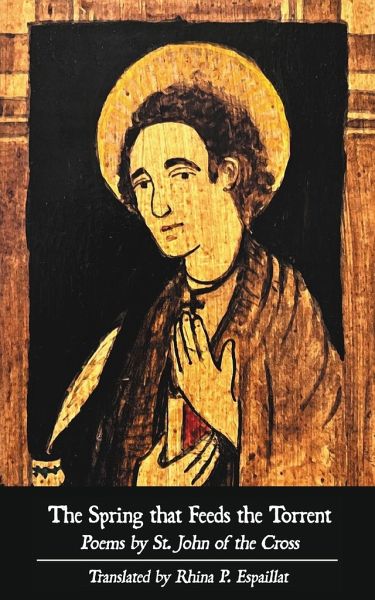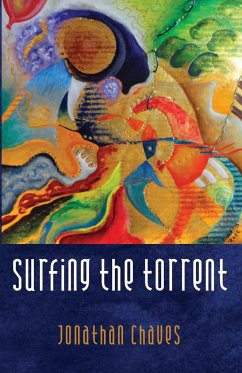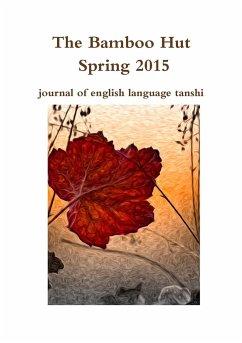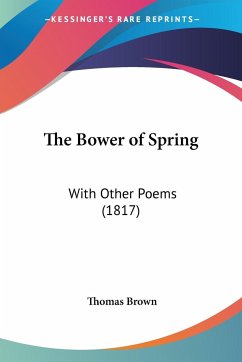
The Spring that Feeds the Torrent
Poems by Saint John of the Cross
Versandkostenfrei!
Versandfertig in 1-2 Wochen
12,99 €
inkl. MwSt.

PAYBACK Punkte
6 °P sammeln!
Regarded by many as one of the finest Spanish poets, the 16th century mystic St. John of the Cross wrote sublime poems that chronicle the soul's purificatory pilgrimage through the dark night of the soul to the joy of mystical union with the Creator. To translate such works, with their passionate, intimate intensity, requires both boldness and delicacy. The translator of poetry faces many challenges. As the late poet Timothy Murphy notes in his introduction, she must adhere "not just to beauty but to truth." In these masterful renderings, Rhina P. Espaillat proves her prowess as both poet and ...
Regarded by many as one of the finest Spanish poets, the 16th century mystic St. John of the Cross wrote sublime poems that chronicle the soul's purificatory pilgrimage through the dark night of the soul to the joy of mystical union with the Creator. To translate such works, with their passionate, intimate intensity, requires both boldness and delicacy. The translator of poetry faces many challenges. As the late poet Timothy Murphy notes in his introduction, she must adhere "not just to beauty but to truth." In these masterful renderings, Rhina P. Espaillat proves her prowess as both poet and translator. Espaillat has lived with these poems since she was a child, having heard them recited by her father. Her deep and loving connection to the sound and substance of these works has brought forth verses-exquisite in their own right-that transmit both the truth and the beauty of St. John's original.














